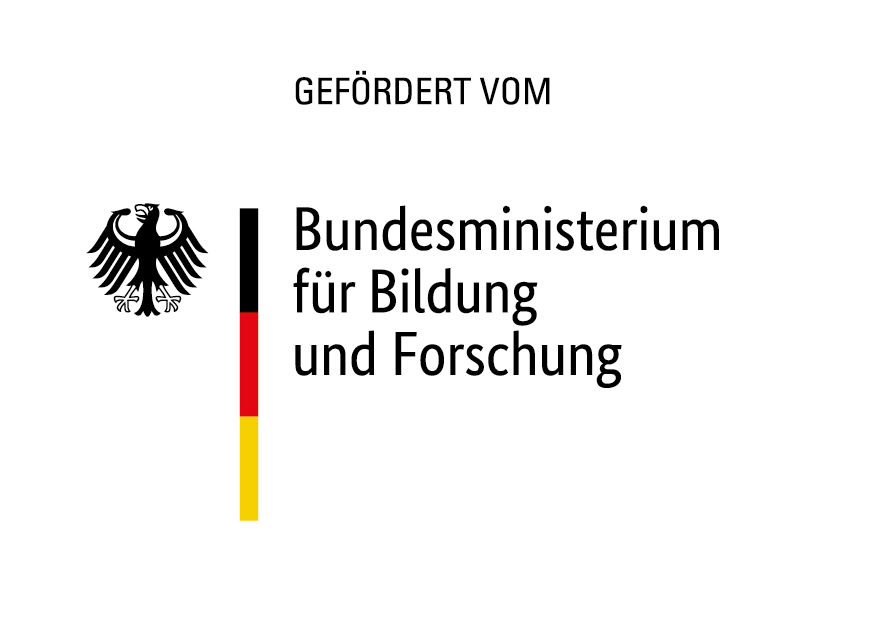High-Tech Forum: Bio-IT innovations will shape our lives
Berlin, 14 October 2020. The convergence of biology and information technology is giving rise to groundbreaking innovations that will lead to completely new possibilities in medicine, agriculture and forestry or industrial production. Global players, particularly the big digital companies, are leading the way with far-reaching projects. This is the conclusion drawn by the High-Tech Forum in its analysis of “Bio-IT Innovations” published today. The board advises the Federal Government to put the topic on the political agenda, to strengthen bio-IT research, and to put it into practice together with society and industry.
The High-Tech Forum observes that bio-IT offers enormous potential for rapidly growing future markets, bioeconomy being one of them: Be this accurate and entirely new treatment options in personalized medicine or the development of climate-friendly and efficient food production. Visionary IT projects from digital data storage in DNA to brain-computer interfaces or 3D printing of biological tissue are already being promoted internationally.
Germany must make every effort to help shape the development of technologies on an equal footing and in the spirit of responsible research and innovation, especially in view of the massive investment and increasing involvement of “big tech”. According to the High-Tech Forum, the competition for scientific talents, data and market access, and economic implementation has already begun.
Prof. Dr. Christiane Woopen, Managing Director of the Cologne Center for Ethics, Rights, Economics, and Social Sciences of Health (CERES), University of Cologne, and spokesperson of the “Bio-IT Innovations” team in the High-Tech Forum, says emphatically, “With Bio-IT innovations, we can pursue important sustainability goals, for example in healthcare, nutrition, climate protection and biodiversity, with a whole new dynamism. Germany can play an internationally significant role in this if it intelligently designs the framework conditions for an efficient innovation chain from idea to application. Society must be consistently involved in this from the outset so that bio-IT developments serve progress for all in the face of new ethical and societal challenges and ultimately also become social innovations.”
The board therefore recommends that the Federal Government should implement a bio-IT agenda as a core component of the next High-Tech Strategy. A new bio-IT research center should combine all relevant specialist competencies throughout Germany to promote research and development at an international level. With regard to bio-IT applications made in Germany, the High-Tech Forum emphasizes the need for suitable incentives for spin-offs and high-tech startups: The transfer of bio-IT basic research to companies requires investments in the three-digit million range. In the international competition for investors, it is necessary to create new tax incentive models without bureaucratic red tape, and regulatory scope for action regarding the release and utilization of property rights for spin-offs. In addition, policymakers should stimulate and promote the early involvement of society, e.g. in product development. This also includes a broad debate in society on the ethical and social challenges of new bio-IT applications.
The recommendations of the High-Tech Forum on the High-Tech Strategy 2025 will be presented to the round table of State Secretaries of all federal ministries on 28 October 2020. The High-Tech Forum expressly invites comments on the discussion paper.
The following members of the High-Tech Forum are the lead authors of the discussion paper: Prof. Dr. Christiane Woopen, Managing Director of the Cologne Center for Ethics, Rights, Economics, and Social Sciences of Health (CERES), University of Cologne, Dr. Martin Brudermüller, Chairman of the Board and Chief Technology Officer (CTO) of BASF SE, Prof. Dr. Sabina Jeschke, Board Member for Digitalization and Technology of Deutsche Bahn AG, Dr. Marion Jung, CEO of ChromoTek GmbH and Prof. Johannes Vogel, Ph.D., General Director of the Natural History Museum Berlin.
Useful links and materials:
The discussion paper “Bio-IT Innovations” is available for download here (PDF).
Six expert reports on bio-IT applications were commissioned from leading personalities, such as Prof. Rajewsky, Prof. Lehrach, Prof. Simmel. They are available here:
Prof. Dr. Birgitta König-Ries
Dr. Andreas Kurtz, Dr. Antonie Fuhr, Prof. Dr. Heiko Zimmermann
Prof. Dr. Hans Lehrach
Prof. Dr. Nikolaus Rajewsky
Prof. Dr. Friedrich C. Simmel
Fabio Ziemssen
The discussion paper “Open Science and Innovation” (also published on 14 October 2020) is available here (PDF).
Video interview on “Bio-IT Innovations” with Prof. Johannes Vogel, Ph.D., General Director of the Natural History Museum Berlin can be found on our YouTube channel here.
Press photos are available here.
Further topical insights into the board’s work can also be found on Twitter.
Download the paper “Bio-IT Innovations” (PDF)
